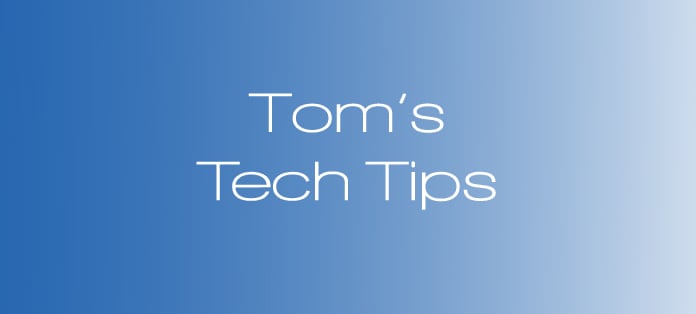Scareware is not just a threat to your computer’s integrity – it’s also a threat to your sanity. Probably every Certified Legal Nurse Consultant has been on the Internet and received a sudden pop-up warning telling you that your legal nurse consulting business’s computer is infected with a virus, malware or something worse. Sometimes these even come with an audio warning!
The warning will often tell you to download and run a “fake” antivirus or malware removal program or call a “tech support” telephone number who will then take your credit card information and “fix” your computer. Of course, nothing was probably wrong with your computer in the first place.
Usually these pop-ups occur on typo-sites where people commonly misspell a domain name or from a fake advertisement. But as the scareware business has matured, these same scammers now target Twitter, Facebook and other social media sites looking for legal nurse consultants and other users who have mentioned keywords such as malware, virus, etc., and will send them “personalized” messages about the security of their computer, phone or social media account. The ubiquity of social media has given miscreants the edge over the rest of us.
So what is a CLNC® consultant to do when you get a scareware warning?
- Don’t call the number on the screen to talk with a fake rep.
- Don’t let the people contacting you have remote access to your computer as they may steal personal data or plant malware.
- Don’t download and run any supposed “fix” for the same reason.
- Don’t keep working. Just power down your system. The scareware may keep you from closing your web browser, so shutting down your computer by pulling the power cable or pulling the battery out of your laptop may be the only way to eliminate the warning. Sure, you may lose some data, but you’ll take back control and won’t become a victim of fraud. When you power your computer back on, go into your web browser and wipe out your browsing history, cookies, etc. This will be inconvenient, but if you’re using a password manager as I’ve recommended in the past, you won’t lose anything and you’ll reduce the chances of a reoccurrence should you start to retype that bad domain name.
- Don’t go back for seconds.
- Do (I can’t stress this enough) have good antivirus software and run your anti-malware program at least once a week.
There you have it, 6 basics to help you deal with scareware.
 Keep on Techin’,
Keep on Techin’,
Tom
P.S. Comment here and share whether or not you got a scareware warning and what you did about it.









I got a bells and whistles warning on a pop-up somehow. I just shut everything down immediately. When I restarted, I didn’t seem to have any problems. But I’ll also be clearing my browser and cookies in the future.